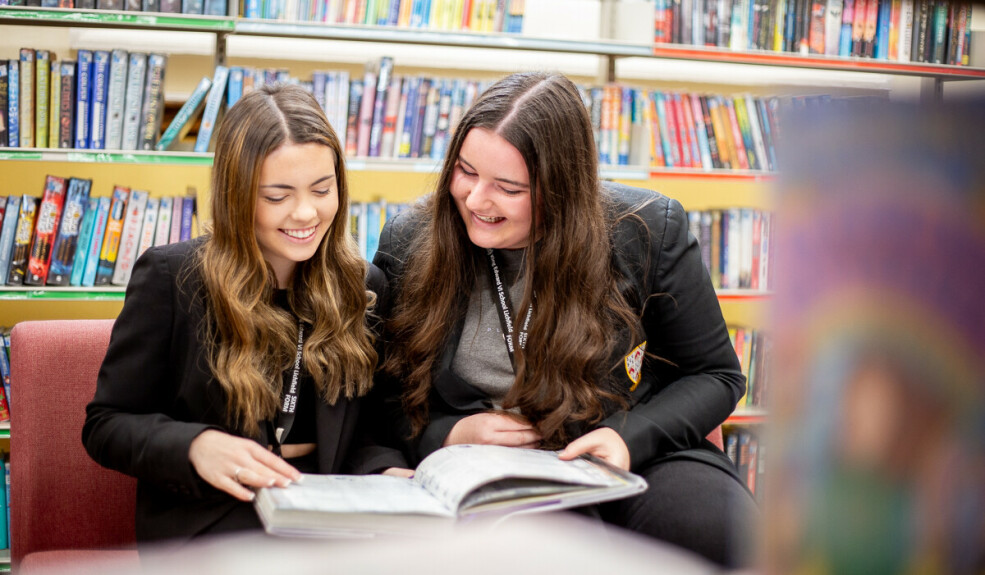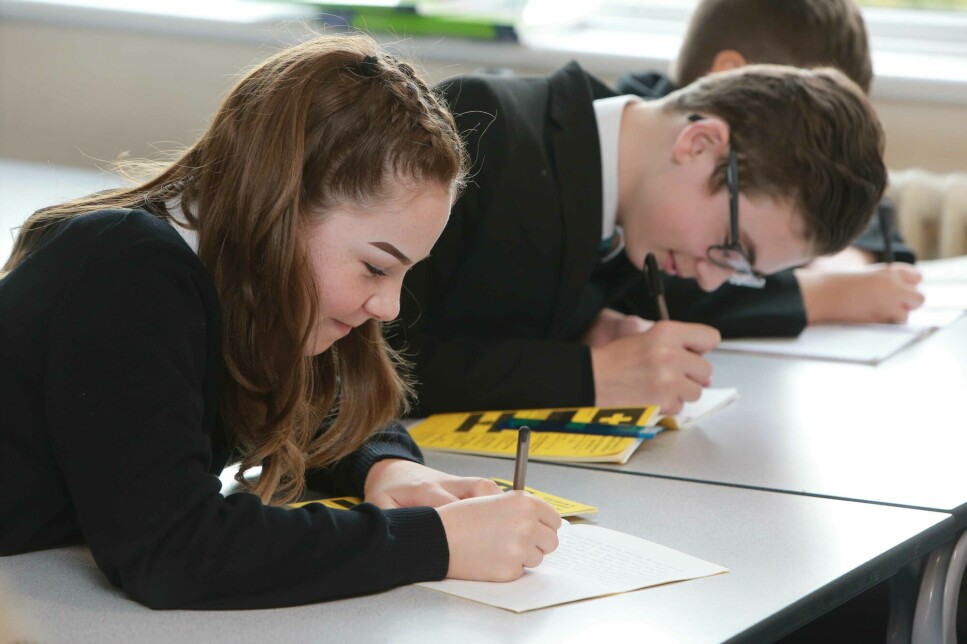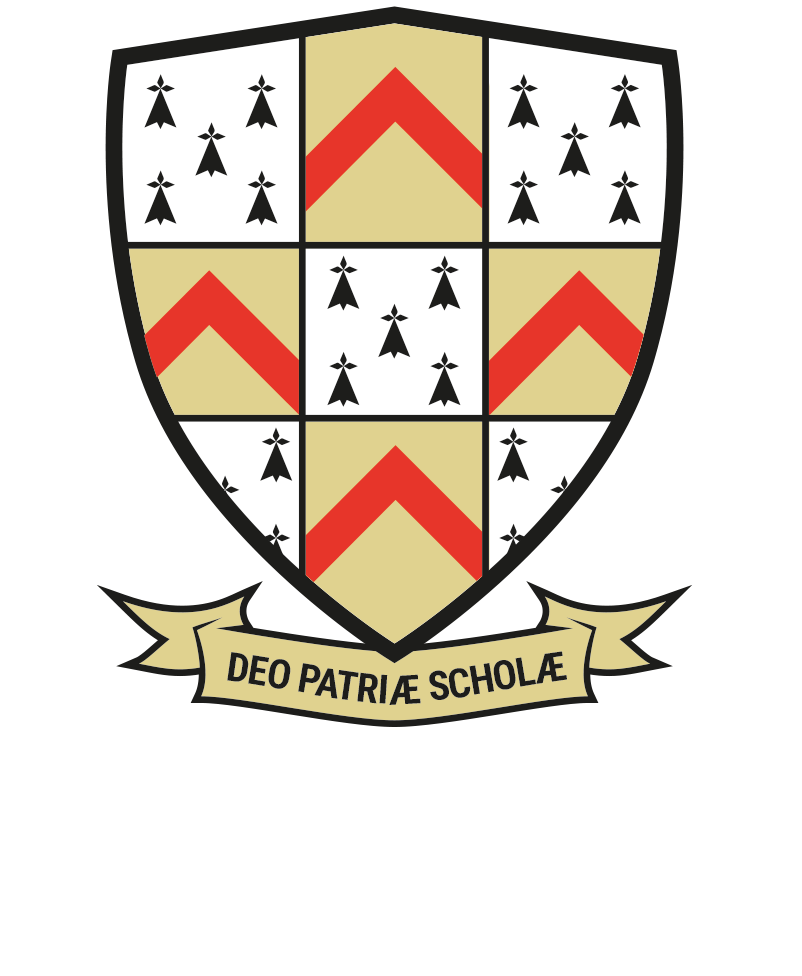English
Curriculum Overview
Overall intent
As a passionate and enthusiastic team of subject experts, we aim to develop a love of literature in our students alongside excellent literacy skills that they will be able to utilise their entire lives. We aim to equip students with the analytical and communicative skills they require to excel in their examinations and successfully navigate the world outside school. To do this, we work to help students build an astute awareness of the difference between explicit and implicit meanings in fiction and non-fiction texts; encouraging them to become discerning readers. We demonstrate a passion for literacy that supports our students in becoming readers who can perceptively identify and understand bias and objectivity within the range of texts they are and will continue to be influenced by on a daily basis. This mastery of the written word also encourages students to become influential writers themselves.
Another goal of the department is to instil in students an appreciation of all forms and genres of literature while enhancing their exposure to a wealth of cultural capital and a wide range of challenging and thought-provoking themes. Our Key Stage 3 curriculum is planned around a termly theme. To support students in becoming global citizens, we focus on themes that enable students to reflect on who they are as people, their place in society and what their moral beliefs are. We try to ensure that all our students develop the skills they need to become competent, confident and content in using, comprehending and interpreting the spoken and written word.

Embedding literacy
Teaching students to develop strong communication skills in reading, writing and speaking and listening has always been, and will continue to be, the foundation of our subject. We attempt to go beyond this by teaching students to write accurately, and for a range of purposes and audiences, in ways that will engage their readers. We try to ensure that students are encouraged to write with flair by teaching them to use an ambitious vocabulary and a wide range of literary and linguistic devices. Essentially, we aim to facilitate students in ‘crafting’ their writing to create deliberate effects. While we aim to teach students to become shrewd analytical readers, we also encourage students to read widely for pleasure in and outside school. The department has built excellent links with the LRC and have invested in several learning programmes such as Accelerated Reader and Bedrock to support students in reading actively and widely and to assist them in enhancing their literacy skills and in reading extensively. As reading for pleasure is increasingly avoided by a generation of children who are exposed to more media forms than any generation before them, we aim to challenge this avoidance and foster a love of literature in our students by exposing them to a wide range of engaging literary texts.
Encouraging independence
Our aim is to ensure that students develop the habit of questioning the world around them, prompted by the tests and challenges they encounter, and in doing this become independent learners in all aspects of life. By selecting a range of texts, classroom topics and themes that confront and often challenge both historical and current social expectations, we try to motivate students to ask thoughtful questions about the topics we cover and also about humanity and society. We feel that motivated and engaged students can become effective independent thinkers and learners. We also encourage independent learning by challenging students through the range of tasks set in lessons. Additionally, we utilise a breadth of resources from recall activities, recall booklets, optional additional work, homework, research tasks and intervention booklets that can be accessed at home to support students in becoming effective independent learners.
Enrichment
As it is a cornerstone of our departmental culture, one of our primary goals is to cultivate a love of reading. We carefully consider the texts we choose to teach at all key stages from Key Stage3 up to A Level as we want them to stimulate students’ interest and enjoyment in reading. Our aim is to expose them to characters, themes and plots that challenge prejudice, question the world we live in and deal with a range of sensitive yet pertinent issues. In addition to teaching texts that develop students’ cultural understanding, we encourage them to produce a range of written texts that develop their skills, alongside their cultural awareness.
We try to enrich students’ cultural experiences whenever possible, both inside and outside of the classroom. Enhancing students’ exposure to cultural capital is one of our priorities, whether this be through our use of teaching resources, the film and media texts we use in lessons, author visits, visits from academic professionals, text workshops, subject intervention, visiting theatre groups, or through trips to the theatre. In addition to this, teaching the social and historical context of texts is a key objective of the English Literature curriculum and this is something we take advantage of. We do this by using a range of creative ways to enhance students’ awareness of British and global culture past and present while strengthening their ability to consider the intentions of the different writers that they study. As society continues to develop we will continue to cultivate students’ cultural and literary development.

Staff
The following members of staff form the English department at King Edwards:
| Staff Member | Job Title |
|---|---|
| Miss R Phillips | Head of Department |
| Miss H Keith | English Key Stage 3 Coordinator |
| Mr R Bailey | Teacher of English |
| Ms A Bailiss | Teacher of English |
| Miss M Grainger | Teacher of English |
| Miss S Ingram | Teacher of English |
| Mrs A Smith | Teacher of English |
| Mr J Stephen | Teacher of English |
| Mr J Whitehurst | Achievement Leader (Year 6/7) and Teacher of English |

